Home>Garden Essentials>How Long Does Zucchini Germinate
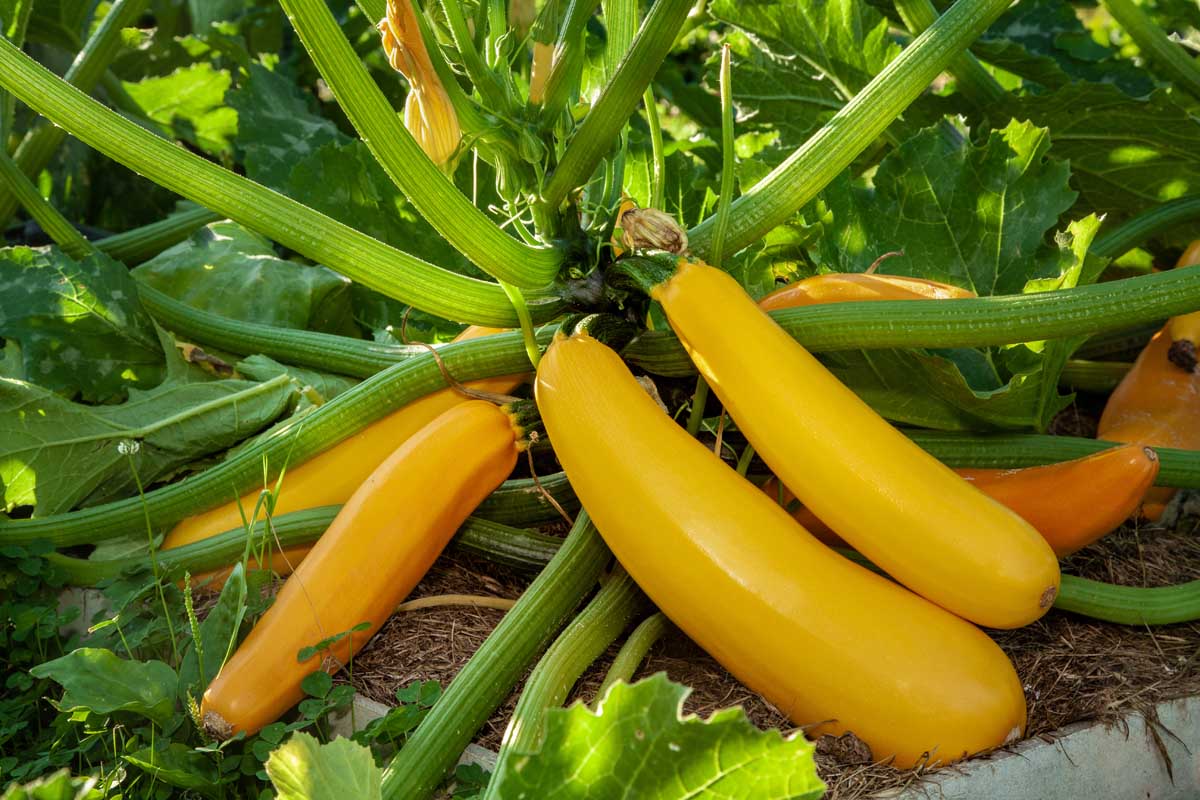

Garden Essentials
How Long Does Zucchini Germinate
Modified: March 15, 2024
Learn how long it takes for zucchini to germinate in your garden. Discover the ideal conditions and get your plants off to a strong start.
(Many of the links in this article redirect to a specific reviewed product. Your purchase of these products through affiliate links helps to generate commission for Storables.com, at no extra cost. Learn more)
Introduction
Welcome to the world of zucchini gardening! Whether you are a seasoned gardener or a beginner looking to grow your own vegetables, understanding the process of zucchini germination is crucial for a successful harvest. Germination is the stage when a seed sprouts and begins its journey towards becoming a healthy and productive zucchini plant. In this article, we will explore the factors affecting zucchini germination, the ideal conditions for germination, the timeline of zucchini germination, and tips for ensuring successful germination.
Zucchini, also known as courgette or summer squash, is a popular vegetable renowned for its mild flavor and versatility in various culinary dishes. It is a warm-season crop that thrives in full sun and well-drained soil. While zucchinis are easily available in grocery stores, growing your own at home allows you to enjoy a sense of accomplishment and the pleasure of harvesting your own freshly grown produce.
Germination is the first essential step in the life cycle of a zucchini plant. During this process, the seed absorbs water, swells, and eventually sprouts a tiny root known as the radicle. The radicle then develops into the primary root, which anchors the plant and absorbs nutrients from the soil. Simultaneously, the tiny shoot called the hypocotyl emerges above the soil, eventually forming the stem and leaves of the zucchini plant.
Understanding the factors that influence zucchini germination is crucial in ensuring successful growth. These factors include proper soil moisture, temperature, sunlight, seed quality, and seed depth. By creating the ideal conditions for germination, you can maximize the chances of successful sprouting and promote strong and healthy seedlings.
Key Takeaways:
- Zucchini germination requires warm soil, proper moisture, and sunlight. Choosing high-quality seeds, providing ideal conditions, and addressing common issues are key to successful growth.
- Understanding the germination timeline and following tips for care and troubleshooting can lead to a bountiful harvest of delicious zucchinis.
Factors Affecting Zucchini Germination
Several factors play a crucial role in the germination process of zucchini seeds. Understanding these factors will help you create optimal conditions for successful germination. Let’s take a closer look at each of these factors:
- Soil Moisture: Adequate soil moisture is essential for the germination of zucchini seeds. Dry or overly saturated soil can hinder germination. It is important to keep the soil consistently moist but not waterlogged. A good rule of thumb is to water the soil lightly before sowing the seeds and then maintain moisture by watering regularly.
- Temperature: Zucchini seeds require warm soil temperatures to germinate. The optimal soil temperature for zucchini germination is between 70°F and 95°F (21°C – 35°C). Cooler temperatures can slow down germination, while excessively high temperatures can inhibit it. Using a soil thermometer can help ensure that the soil temperature is within the suitable range.
- Sunlight: Although zucchini seeds do not require light to germinate, they do need light once they sprout. Ensure that your zucchini seedlings receive at least 6-8 hours of direct sunlight each day to promote healthy growth. If growing in a shaded area, consider using grow lights to provide the necessary light intensity.
- Seed Quality: High-quality seeds are more likely to germinate successfully. When purchasing zucchini seeds, choose from reputable seed suppliers. Look for seeds that are well-packaged, well-sealed, and within the expiration date. Checking the germination rate on the seed packet can also give you an idea of the seed’s viability.
- Seed Depth: Zucchini seeds should be sown at the appropriate depth to ensure proper germination. Planting seeds too shallow can expose them to drying out, while planting them too deep can hinder their ability to sprout. As a general guideline, zucchini seeds should be planted about 1 inch (2.5 cm) deep. This depth allows for the right balance of moisture, warmth, and air circulation required for germination.
By paying close attention to these factors, you can create ideal conditions for zucchini germination and increase your chances of a successful harvest. Remember that each factor is interconnected, and maintaining a balance among them is crucial for optimal seedling growth. In the next section, we will explore the ideal conditions required for zucchini germination.
Ideal Conditions for Zucchini Germination
Providing the ideal conditions for zucchini germination is vital for the successful growth of your plants. By ensuring that the seeds have the right environment to sprout, you can encourage healthy seedlings and set the stage for a productive harvest. Here are the key factors to consider:
- Temperature: Zucchini seeds thrive in warm temperatures. The ideal soil temperature for germination is between 70°F and 95°F (21°C – 35°C). To achieve this, consider starting your zucchini seeds indoors in containers or trays. This allows you to control the temperature and provide a consistent, warm environment for germination. Once the seedlings have sprouted and all risk of frost has passed, you can transplant them outdoors into your garden or containers.
- Soil Quality: Zucchini prefers well-drained soil that is rich in organic matter. The pH of the soil should be in the range of 6.0 to 7.0 for optimal growth. Before sowing the seeds, amend the soil with compost or well-rotted manure to improve its fertility and drainage. Avoid compacted or heavy clay soils, as they can impede root development and hinder germination.
- Moisture: Maintaining consistent moisture levels is crucial during the germination process. Before sowing the seeds, ensure that the soil is evenly moist but not waterlogged. After planting, monitor the soil moisture regularly and water as needed to keep the soil damp. Avoid overwatering, as excessive moisture can lead to rot and fungal diseases. Proper moisture levels will ensure that the seeds absorb water and germinate effectively.
- Sunlight: While zucchini seeds do not require light to germinate, they need ample sunlight once they sprout. After the seedlings emerge, place them in a location that receives at least 6-8 hours of direct sunlight each day. If growing zucchini indoors, use grow lights to provide sufficient light intensity for the seedlings. Adequate sunlight will promote healthy growth and prevent the seedlings from becoming leggy.
- Protection from Frost: Zucchini is sensitive to frost, and exposure to freezing temperatures can damage or kill the seedlings. By starting your zucchini seeds indoors and transplanting them outdoors after the last frost date in your area, you can protect them from frost damage. Additionally, consider using protective covers, such as row covers or cloches, to shield the young plants from unexpected late spring frosts.
Creating the ideal conditions for zucchini germination sets the stage for strong, healthy plants and a bountiful harvest. By optimizing temperature, providing well-drained soil, maintaining consistent moisture levels, ensuring ample sunlight, and protecting seedlings from frost, you can maximize the chances of successful germination and enjoy a productive zucchini garden. In the next section, we will explore the timeline of zucchini germination.
Germination Timeline of Zucchini
Understanding the germination timeline of zucchini is essential for effectively planning and managing your garden. While the germination process can vary based on various factors such as temperature and seed quality, here is a general timeline to give you an idea of what to expect:
- Day 1-5: After sowing the zucchini seeds, the germination process begins. During the first few days, the seeds absorb water and start to swell. The outer seed coat softens, and the embryonic root, known as the radicle, begins to emerge.
- Day 6-10: As the days progress, the radicle continues to elongate and develop into the primary root. At the same time, the shoot, called the hypocotyl, emerges from the soil. The hypocotyl grows upward, pushing the cotyledons (seed leaves) above the ground level.
- Day 11-14: By this stage, the zucchini seedlings have established a strong root system and are focused on developing their stems and leaves. The cotyledons unfurl fully, revealing their distinct shape. The true leaves also begin to emerge, showcasing the characteristic lobed and serrated appearance of zucchini leaves.
- Day 15-21: During this period, the zucchini seedlings experience rapid growth. The stems elongate, and the true leaves increase in size. The seedlings become more robust and develop a stronger structure. It is essential to provide adequate sunlight and moisture during this stage to support healthy growth.
- Day 18-30: By the end of the first month, the zucchini seedlings should have established a strong root system and developed multiple sets of true leaves. They continue to grow taller and develop more branches. At this stage, it is crucial to thin out the seedlings if they were sown too closely. Thinning allows the remaining plants to have ample space for proper growth.
It is important to note that these timelines are approximate and can vary depending on factors such as temperature, soil conditions, and individual seed vigor. Monitoring your zucchini seedlings closely and adapting to their specific growth patterns will ensure successful plant development.
As the zucchini plants mature, they will start producing flowers, which eventually develop into the delicious zucchini fruits. With proper care and attention, your zucchini plants will reward you with a bountiful harvest. In the next section, we will provide you with some tips for successful zucchini germination.
Zucchini seeds typically germinate within 4-7 days when planted in warm, moist soil. To speed up the process, you can soak the seeds in water for 24 hours before planting. Keep the soil consistently moist and warm to encourage quick germination.
Tips for Successful Zucchini Germination
Ensuring successful zucchini germination is the key to a thriving garden and a bountiful harvest. Here are some tips to help you achieve successful zucchini germination:
- Select High-Quality Seeds: Choose zucchini seeds from reputable suppliers to ensure high quality and optimal germination rates. Look for seeds that are well-packaged and within their expiration date. Checking the germination rate on the seed packet can also help you determine the viability of the seeds.
- Pre-soak the Seeds: Some gardeners find success with pre-soaking zucchini seeds before sowing them. Soaking the seeds in warm water for a few hours or overnight can help speed up the germination process. Be sure to plant the seeds immediately after soaking.
- Start Indoors: Consider starting your zucchini seeds indoors 2-3 weeks before the last frost date in your area. Use seed starting trays or small pots filled with seed-starting mix. Starting indoors allows you to control the temperature and provide a consistent environment for germination.
- Plant at the Right Depth: Plant zucchini seeds at the appropriate depth for optimal germination. Plant them about 1 inch (2.5 cm) deep in the soil. This depth ensures that the seeds have enough moisture, warmth, and air circulation to sprout successfully.
- Maintain Adequate Moisture: Keep the soil consistently moist throughout the germination process. Water the soil lightly before sowing the seeds and then water regularly to maintain moisture levels. Avoid overwatering, as excessive moisture can lead to rot and fungal diseases.
- Provide Proper Lighting: While zucchini seeds do not require light to germinate, they need ample sunlight once they sprout. Place the seedlings in a location that receives at least 6-8 hours of direct sunlight each day. If growing indoors, use grow lights to provide sufficient light intensity.
- Protect from Frost: Zucchini is sensitive to frost, so protect your seedlings from freezing temperatures. Start seeds indoors and transplant them outdoors after the last frost date in your area. Consider using protective covers such as row covers or cloches to shield the young plants from unexpected late spring frosts.
- Thin Out Seedlings: If you have sown multiple seeds in one container or row, thin out the weaker seedlings to provide enough space for the remaining plants to grow. Crowded conditions can lead to competition for resources and hinder proper growth.
- Maintain Proper Care: Once the zucchini seedlings emerge, continue to provide them with proper care. Water regularly, ensuring the soil doesn’t dry out. Mulching around the plants can help retain moisture and suppress weed growth. Fertilize with a balanced organic fertilizer to provide essential nutrients for healthy growth.
By following these tips, you can increase the chances of successful zucchini germination and nurture strong, healthy seedlings. Remember to adapt your care routine based on the specific growing conditions in your area. With patience and proper care, you’ll soon be enjoying a bountiful harvest of delicious zucchinis.
In the next section, we will address some common issues that may arise during zucchini germination and how to troubleshoot them.
Read more: How To Store Zucchini Long Term
Common Issues with Zucchini Germination
While zucchini germination can be a rewarding experience, it is not without its challenges. Several common issues can arise during the germination process that may hinder the growth and success of your zucchini plants. Here are some common issues you may encounter and how to troubleshoot them:
- Poor Germination: If you notice a low germination rate or no sprouting at all, it could be due to several factors. Firstly, check the quality of your seeds. Ensure that they are fresh and viable. If the seeds are old or haven’t been stored properly, they may have a lower germination rate. Secondly, evaluate the environmental conditions. Check that the soil temperature is within the ideal range of 70°F to 95°F (21°C – 35°C) and that the soil moisture is neither too dry nor excessively saturated.
- Damping-off: Damping-off is a common fungal disease that affects seedlings during the germination phase. It causes the seedlings to wilt, topple over, and eventually die. To prevent damping-off, ensure good air circulation by spacing out the zucchini seeds and providing proper ventilation. Avoid overwatering and use sterile seed-starting mix to minimize the chances of fungal infection.
- Seed Rot: If your zucchini seeds seem to rot before germinating, it is likely due to excessive moisture or poor drainage. Ensure that you are not overwatering the seeds or planting them in waterlogged soil. Make sure the soil has good drainage to prevent waterlogged conditions. Using well-draining soil and providing proper watering techniques can help prevent seed rot.
- Seedling Legginess: Leggy seedlings occur when the plants grow tall and weak with long, spindly stems. This is usually a result of insufficient light. If the seedlings are indoors, ensure they are receiving adequate light, either through natural sunlight or by using grow lights. If the seedlings are outdoor, make sure they are not shaded by surrounding plants or structures. Increasing exposure to light will help the seedlings develop sturdy stems.
- Pest Damage: Zucchini germination can be affected by pests such as slugs, snails, and insects. These pests may feed on the seedlings or damage them, causing stunted growth or complete failure to germinate. Implement pest control measures like placing slug traps or using organic insecticides to protect your zucchini seedlings from potential damage.
- Unfavorable Weather Conditions: Unpredictable weather conditions, such as sudden temperature drops or extreme heat, can negatively impact zucchini germination. If the forecast predicts frost, cover your seedlings with protective measures like row covers or cloches. If temperatures rise dramatically, provide shade to prevent the seedlings from wilting or burning. Monitoring weather conditions and taking appropriate protective actions can minimize the effects of adverse weather on germination.
By recognizing and addressing these common issues, you can improve the germination process and set your zucchini seedlings up for success. Remember to stay attentive, provide proper care, and make necessary adjustments to ensure optimal germination and growth.
In the final section, we will conclude our discussion on zucchini germination and summarize the key points covered in this article.
Conclusion
Zucchini germination is a critical stage in the journey of growing your own zucchinis. By understanding the factors influencing germination and creating the ideal conditions, you can increase the chances of successful sprouting and ensure the growth of healthy zucchini plants. Factors such as temperature, soil moisture, sunlight, seed quality, and seed depth all play a crucial role in the germination process.
To achieve successful zucchini germination, it is important to select high-quality seeds from reputable suppliers, provide the right temperature and moisture levels, ensure proper lighting, protect the seedlings from frost, and address common issues like poor germination, damping-off, seed rot, leggy seedlings, pest damage, and unfavorable weather conditions.
By following the tips and troubleshooting methods discussed in this article, you can overcome challenges and promote the successful germination of your zucchini seeds. Remember to monitor your seedlings closely, provide proper care, and adapt your approach based on the specific growing conditions in your area.
As your zucchini seedlings continue to grow, they will develop into strong plants that produce vibrant flowers and delicious zucchini fruits. From germination to harvest, this journey will bring you joy, satisfaction, and a sense of accomplishment as you enjoy the fruits of your gardening efforts.
So, roll up your sleeves, gather your seeds, and get ready to embark on a zucchini-growing adventure. With the right knowledge, preparation, and care, you’ll soon have a thriving zucchini garden and an abundant harvest to enjoy in your favorite dishes.
Frequently Asked Questions about How Long Does Zucchini Germinate
Was this page helpful?
At Storables.com, we guarantee accurate and reliable information. Our content, validated by Expert Board Contributors, is crafted following stringent Editorial Policies. We're committed to providing you with well-researched, expert-backed insights for all your informational needs.
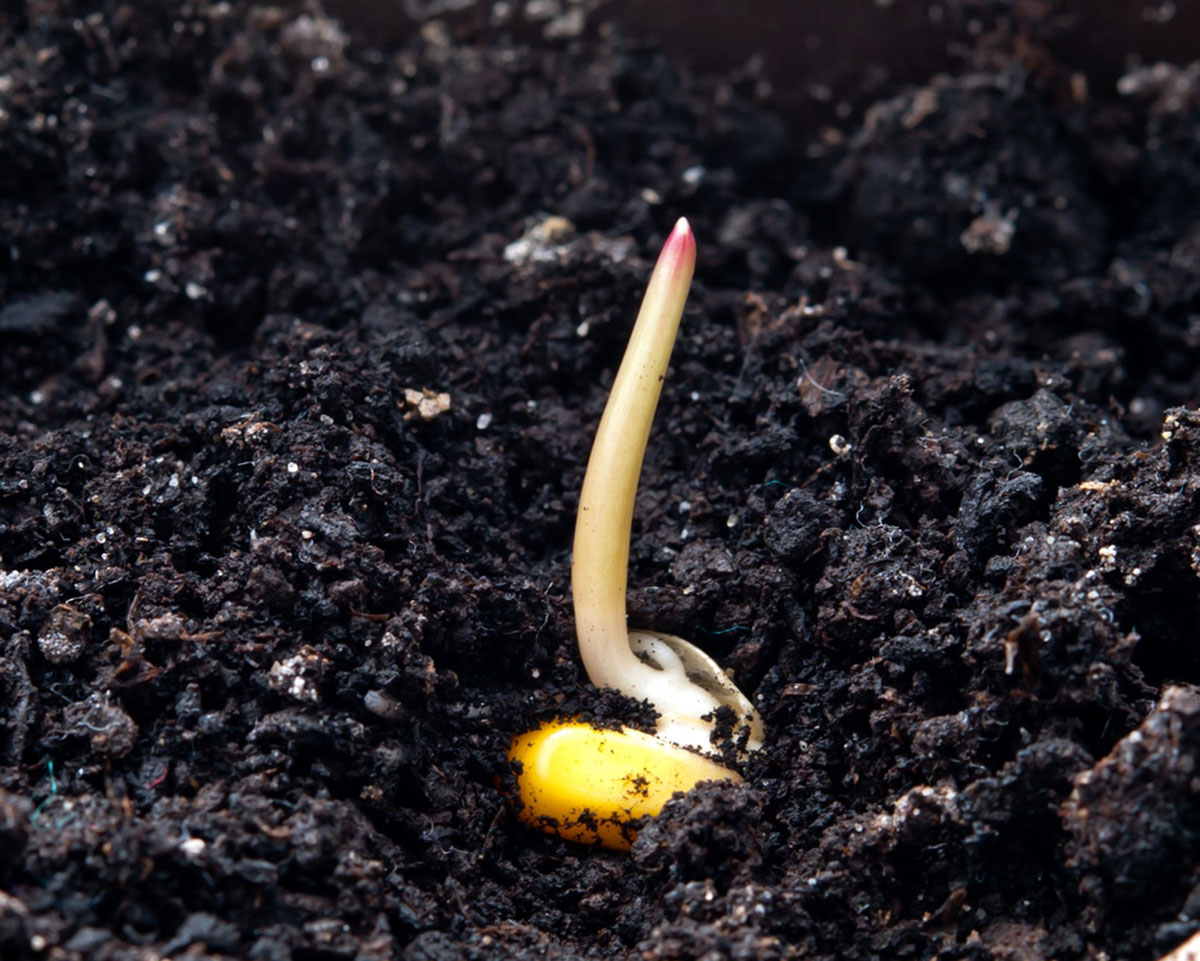
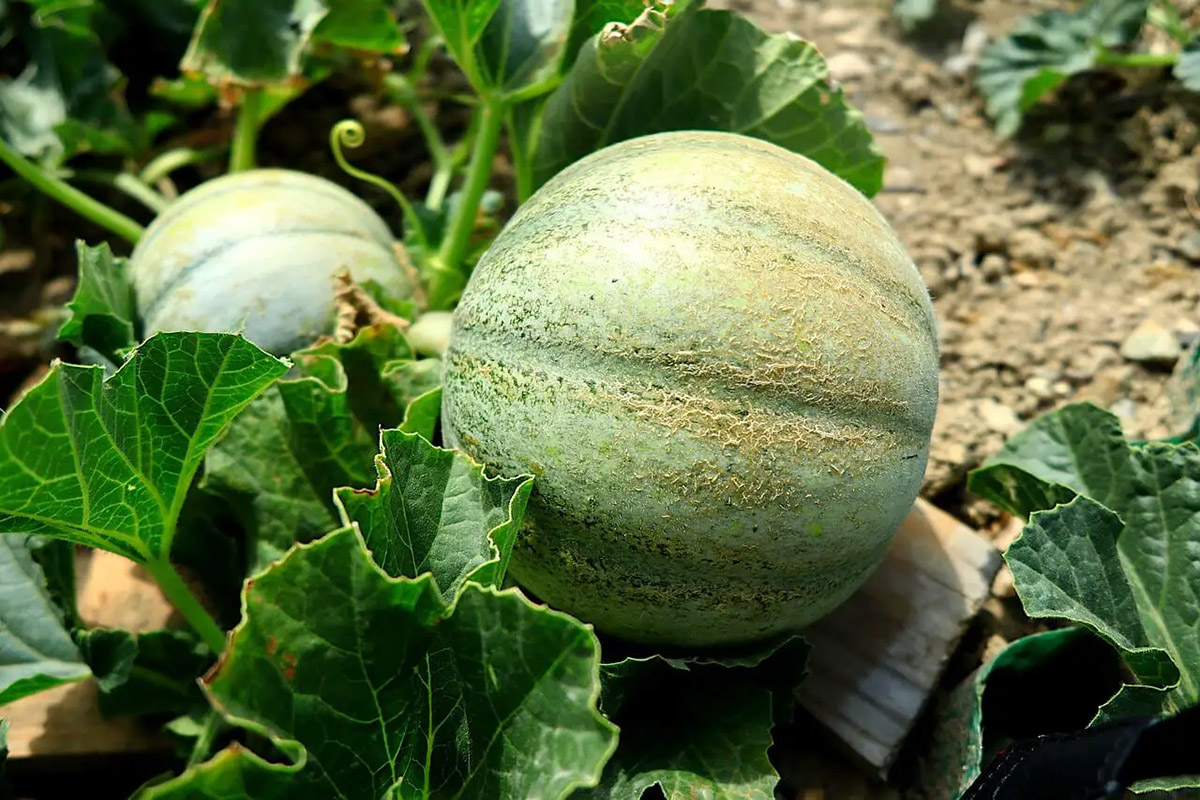
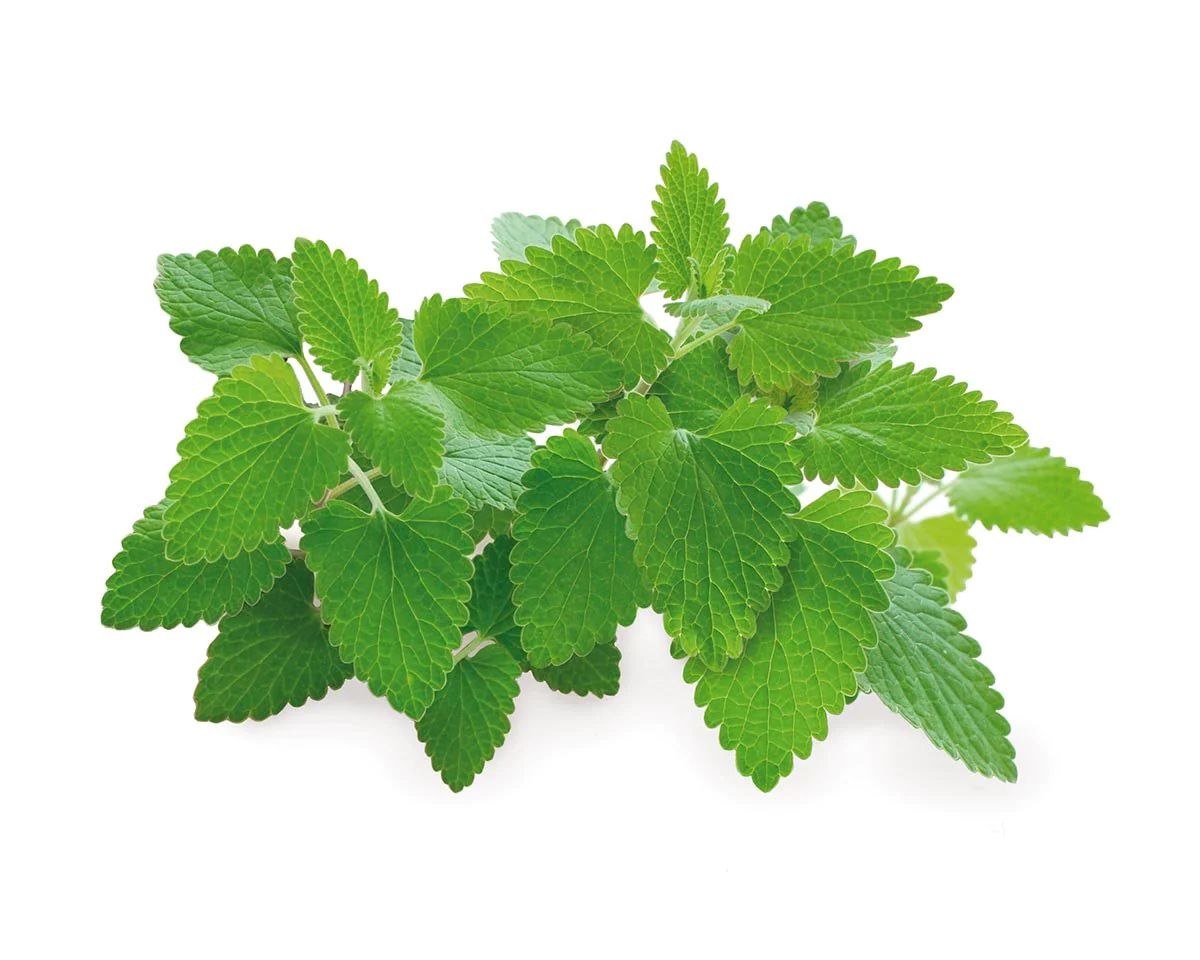
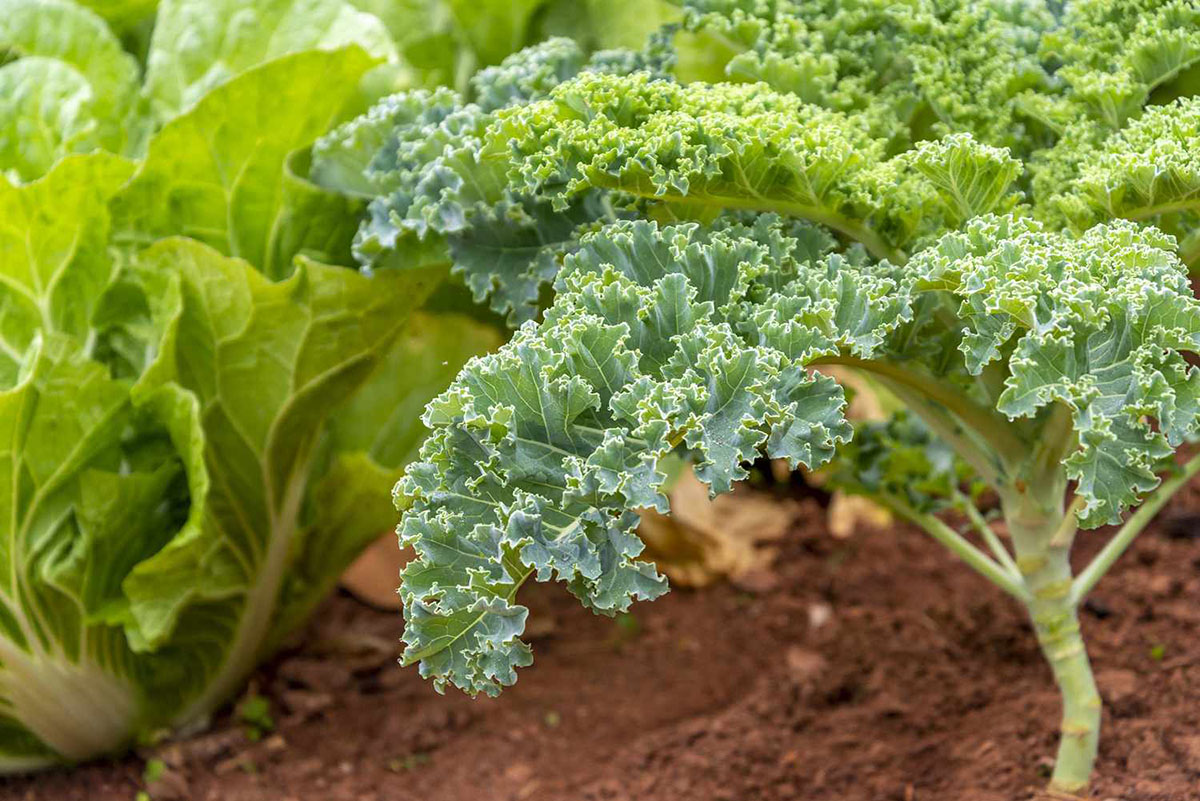
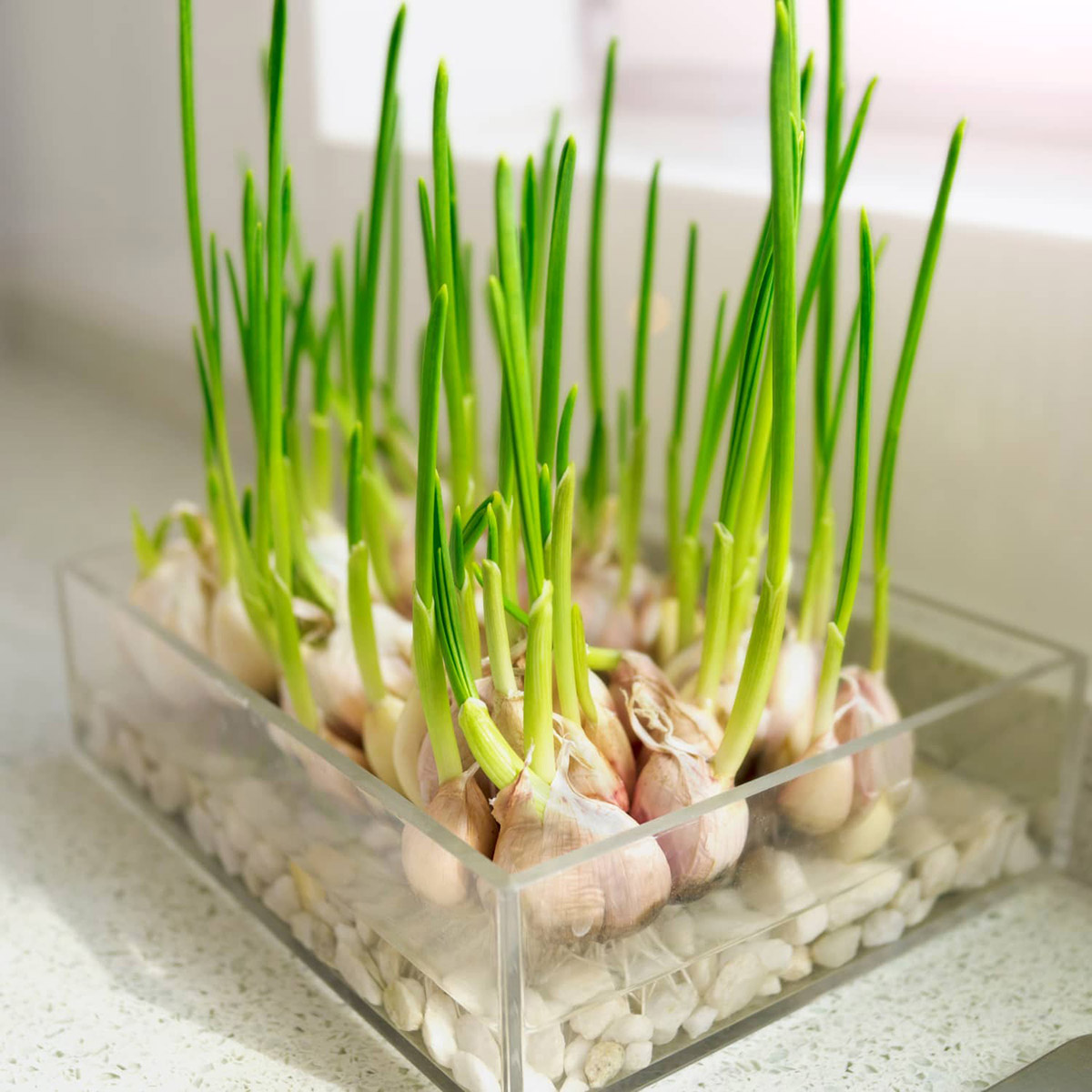
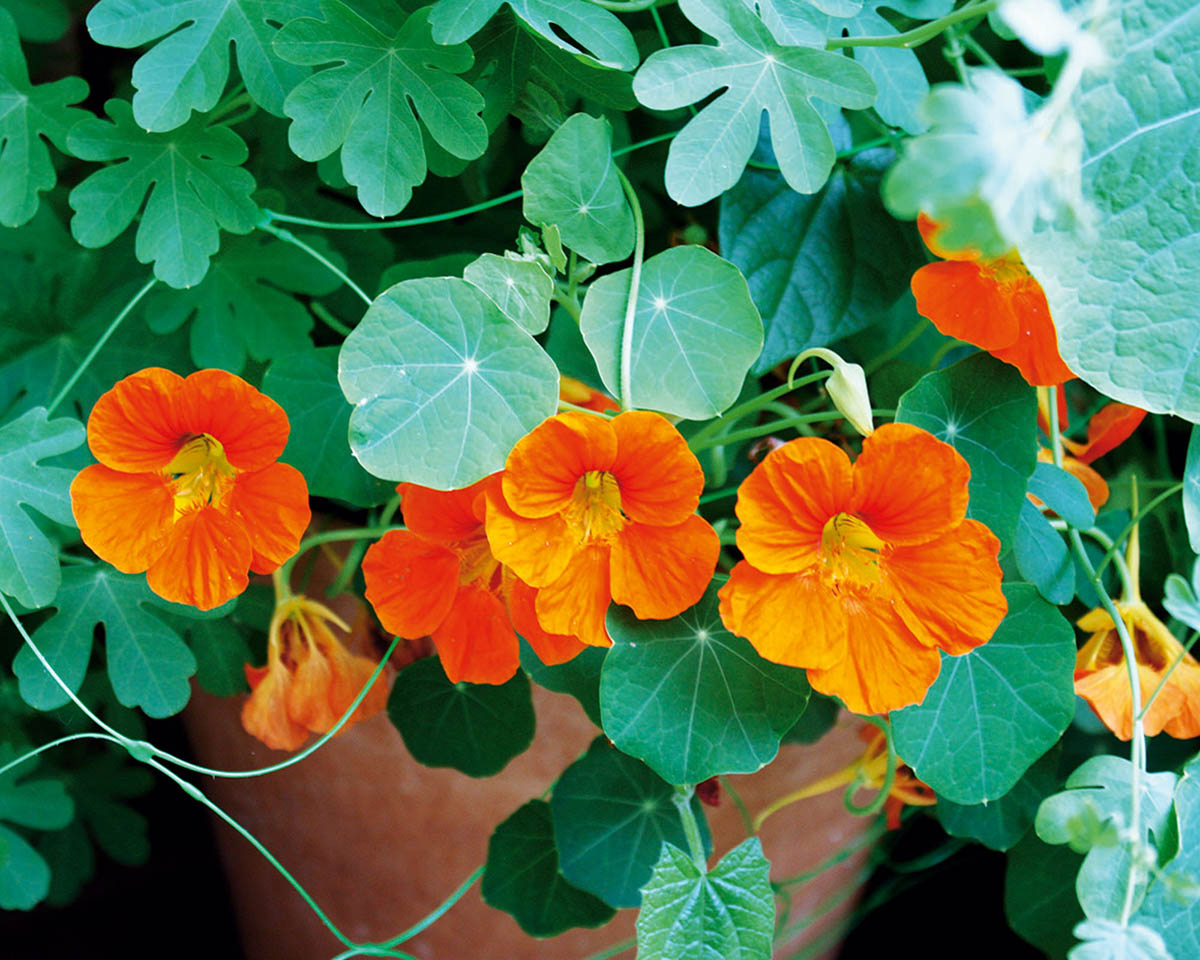
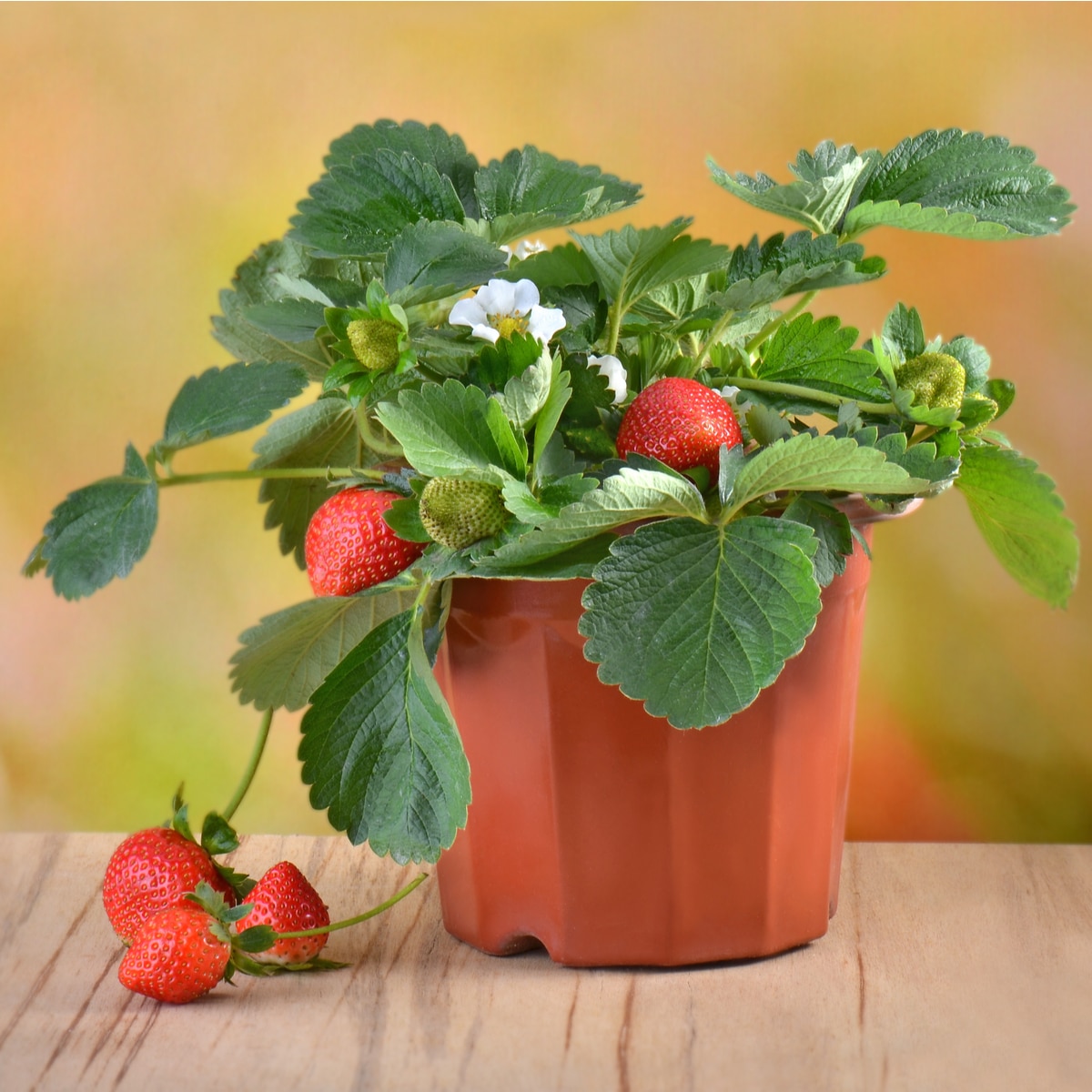
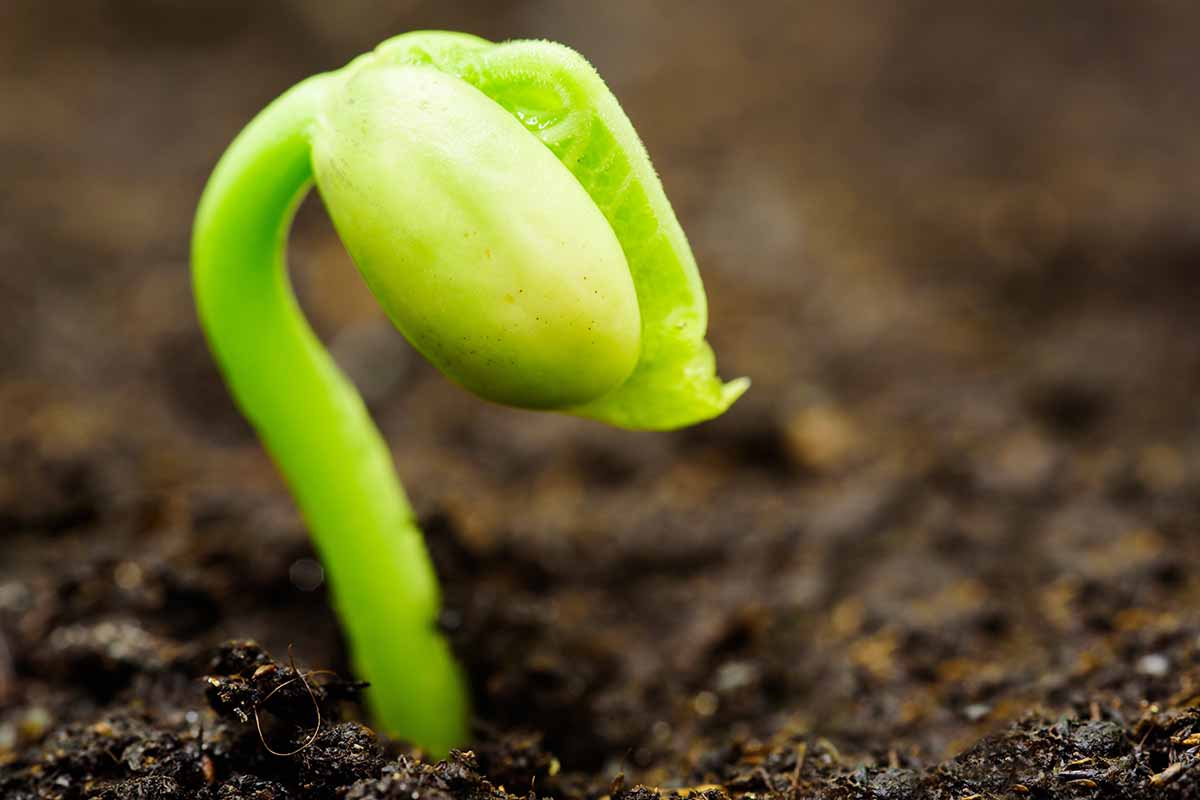
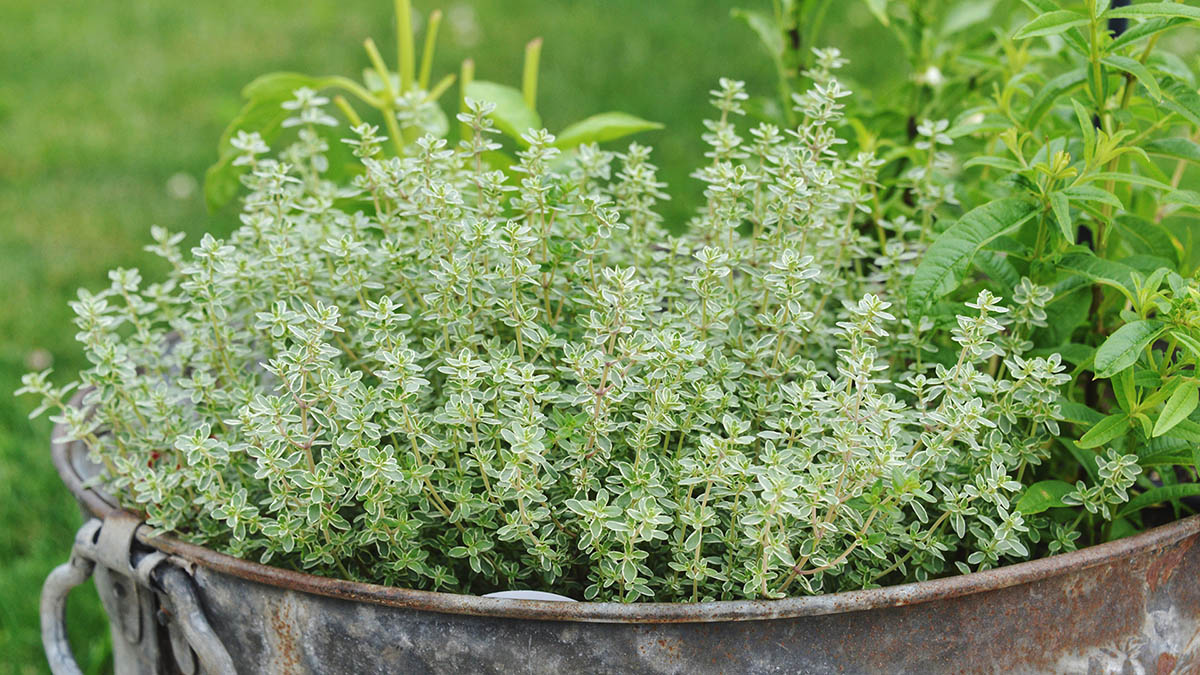
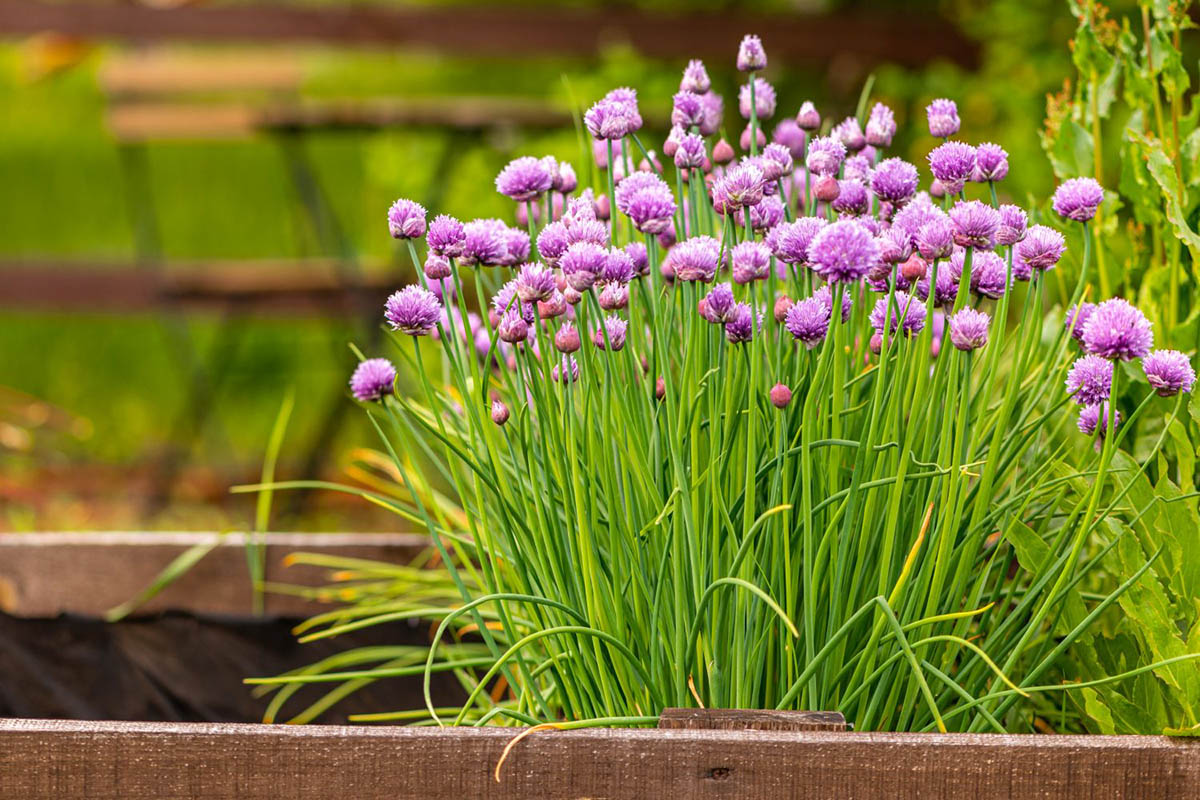
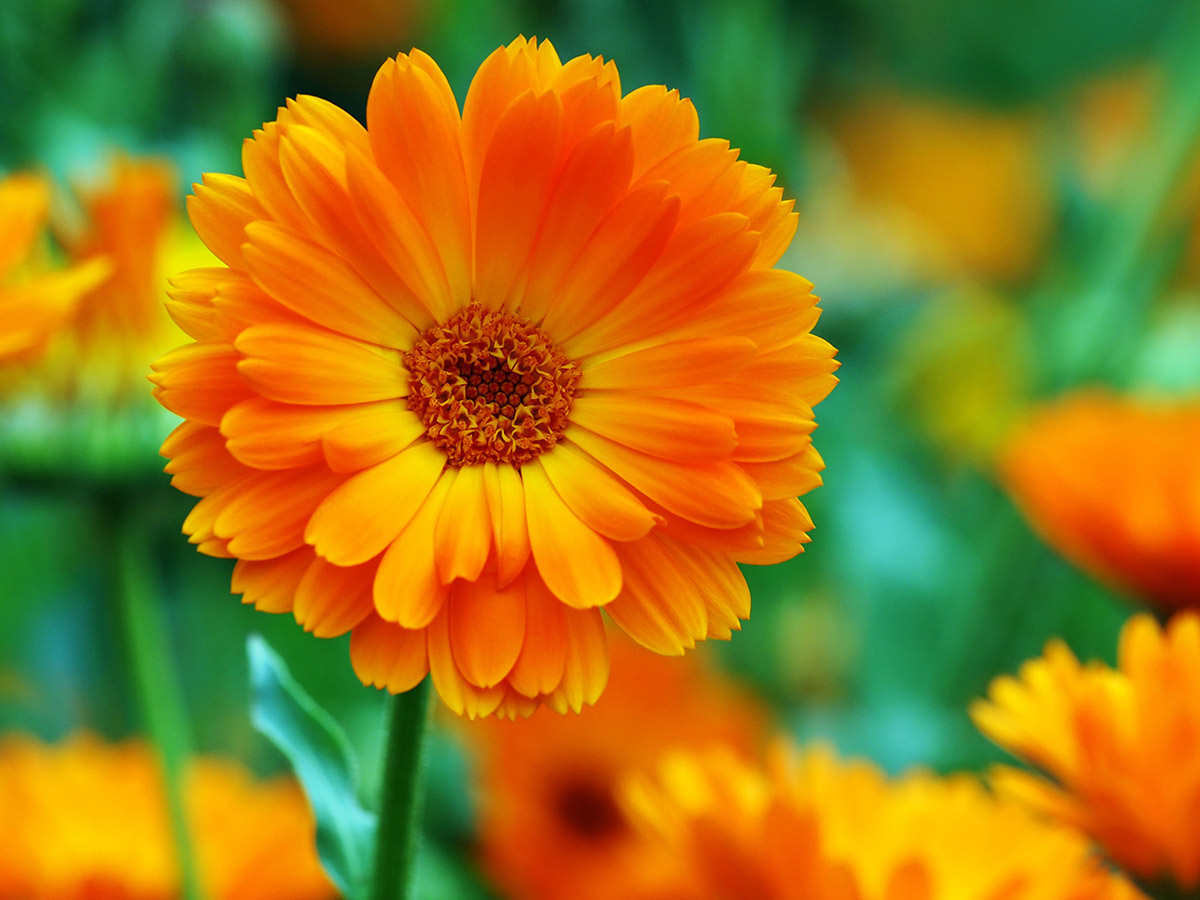
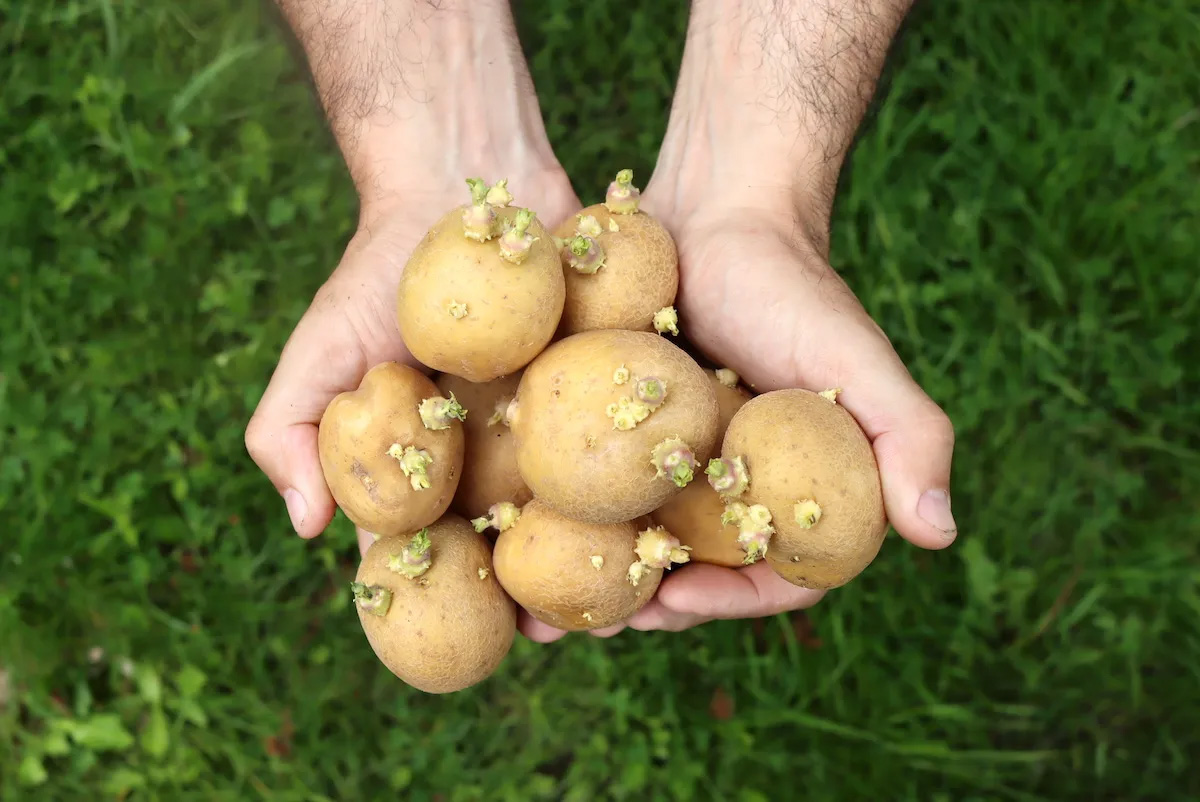
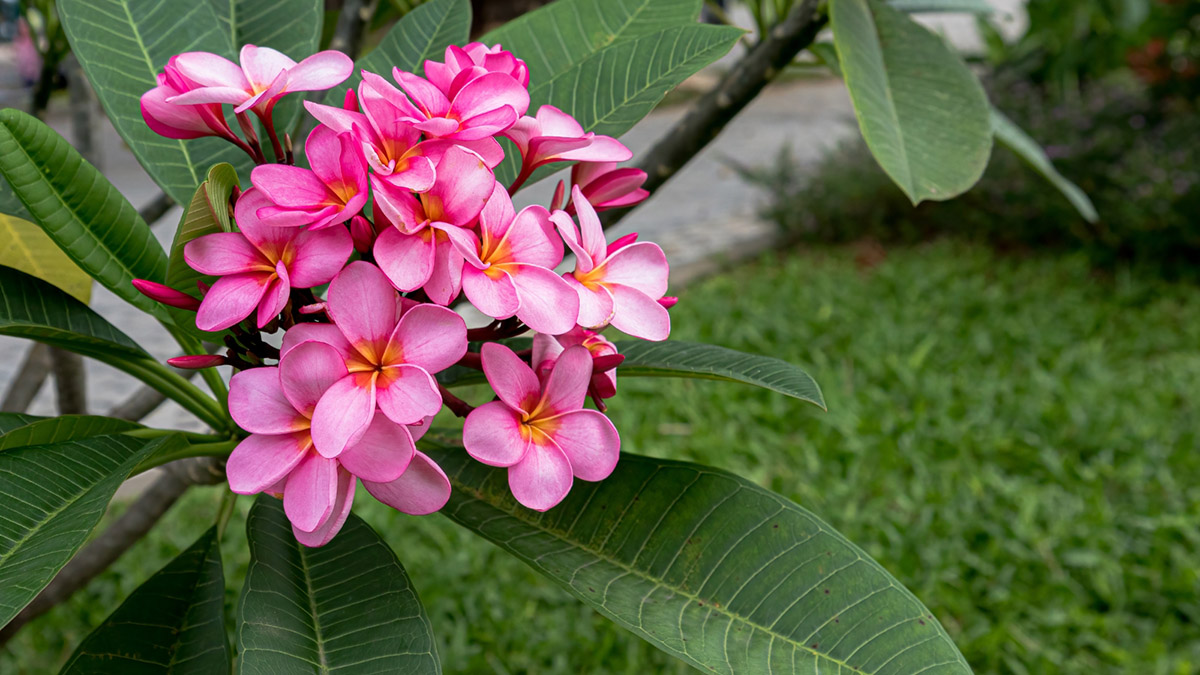
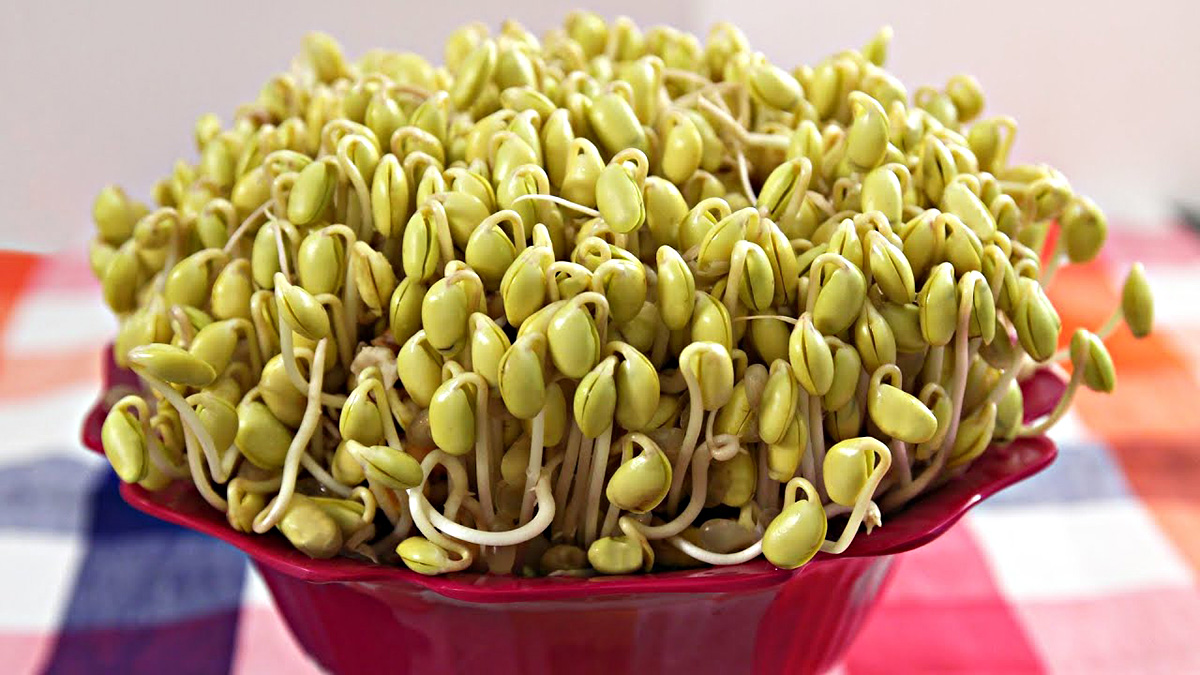

0 thoughts on “How Long Does Zucchini Germinate”